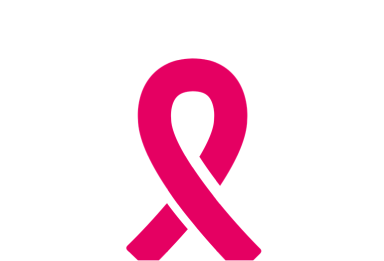STI Testing and Management
Helping to prevent the spread of sexually transmitted infections

Early detection can help to successfully treat STIs
Sexually transmitted infections (STIs) are infections that can be passed through sexual activity and sometimes during childbirth.
When STIs are treated early, you can prevent many of the negative outcomes of STIs, including infertility in both men and women. Testing and treatment are important for sexually active people and for pregnant women.
There are many different types of STIs. Some of these have symptoms, while others don’t. Some symptoms may take longer to appear. If you have an STI but have no symptoms, you could still pass the STI on to other sexual partners.
Availability
STI testing is available at all of our clinic locations.
Pricing
Please contact our team for more information about pricing.
Testings
Testing for chlamydia and gonorrhoea usually requires only a urine sample or a self-taken swab for a woman. Testing for HIV and syphilis needs a blood sample. Tests for herpes aren’t usually done unless you have sores on your genitals or anus. In this case, a swab will be taken from a sore.
If you’re ever in doubt that you may have a sexually transmitted infection, it’s always best to book and take a test just to make sure.
Find our locations that offer general health services
Common symptoms
Many people often don’t notice symptoms when they have an STI.
Left untreated, STIs can affect your health. If you have any of the symptoms listed below, we recommend getting tested as soon as possible.
In women and men:
- Pain when you urinate
- Itching, burning or tingling around the genitals
- Blisters, sores, spots or lumps around the genitals or anus
- Black powder or tiny white dots in your underwear – this could be droppings or eggs from pubic lice.
In women:
- Yellow or green vaginal discharge
- Discharge that smells
- Bleeding between periods or after sex
- Pain during sex
- Lower abdominal pain.
In men:
- Discharge from the penis
- Irritation of the urethra (the tube urine comes out of).
These symptoms may also be because of other reproductive health issues, not just STIs. If you are experiencing any of these symptoms, it is best that you come for a consultation so we can help to identify and treat the problem.










